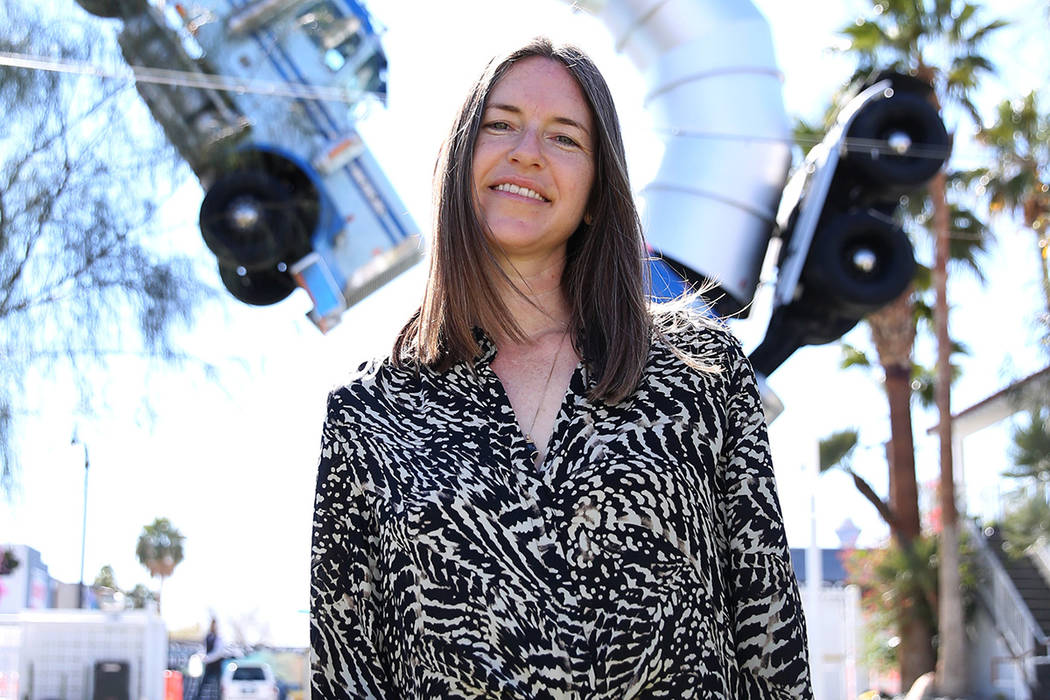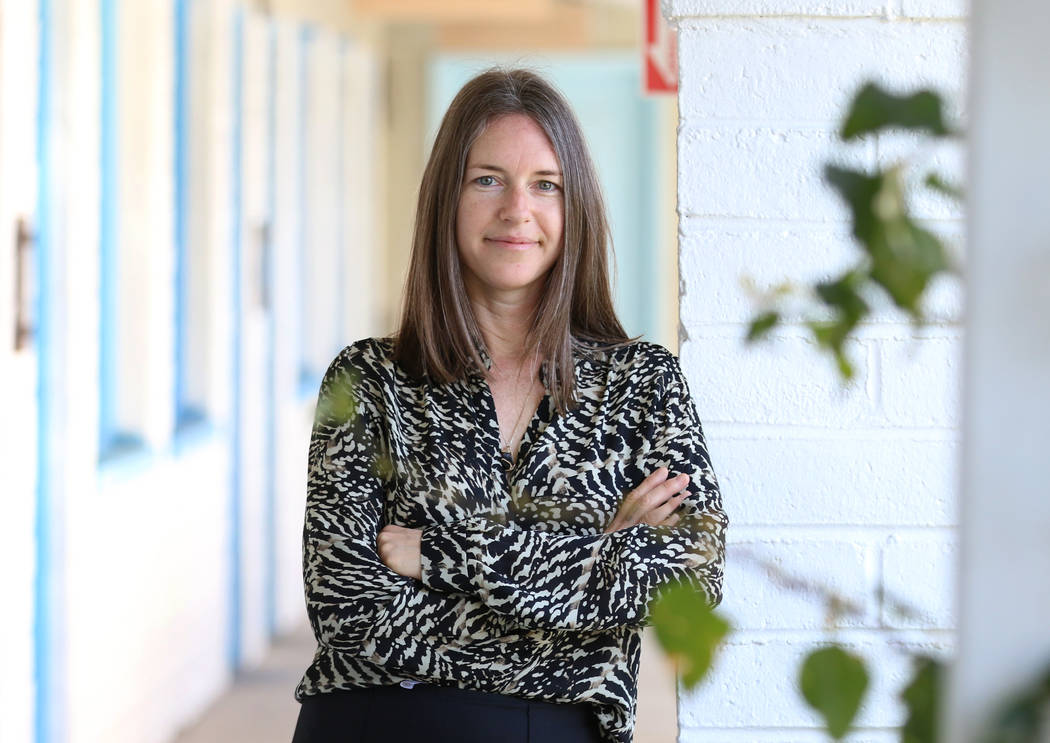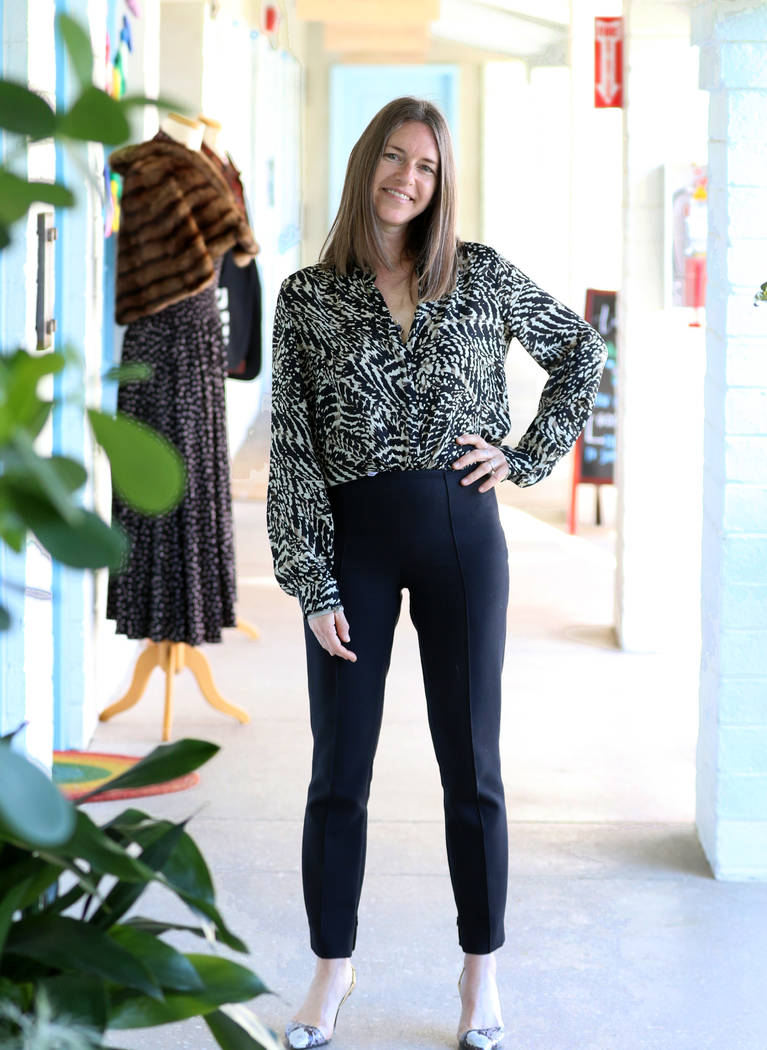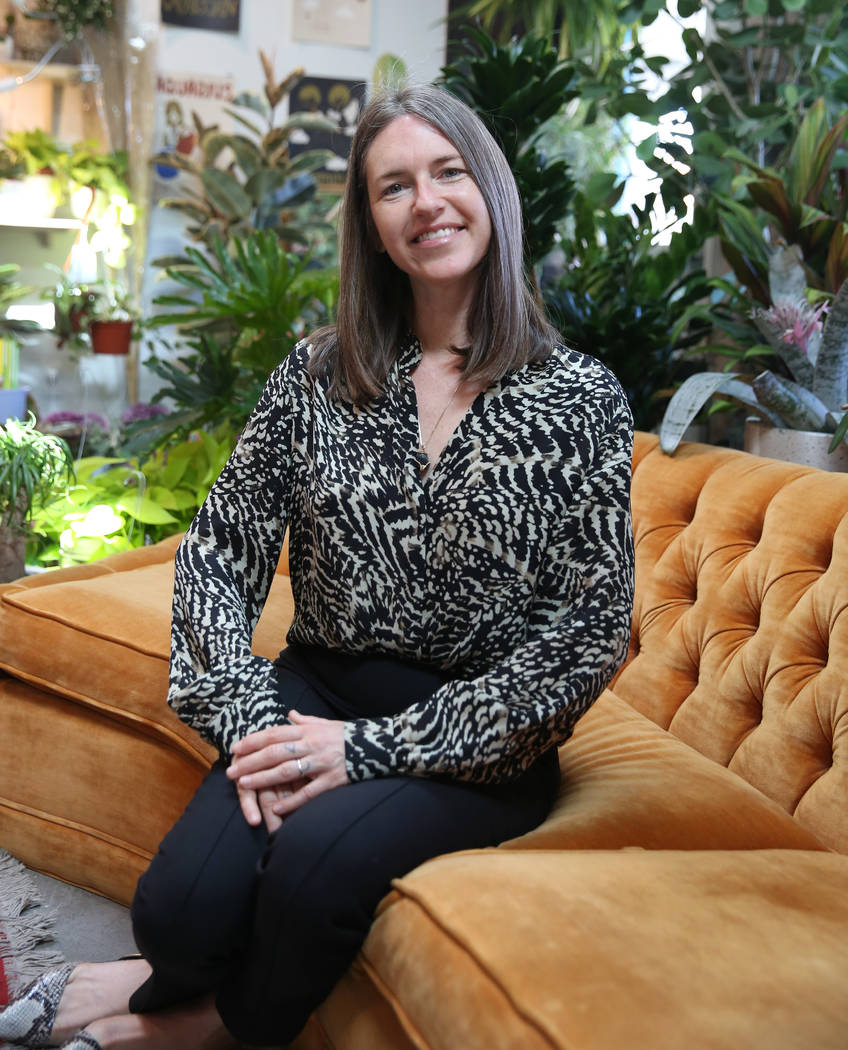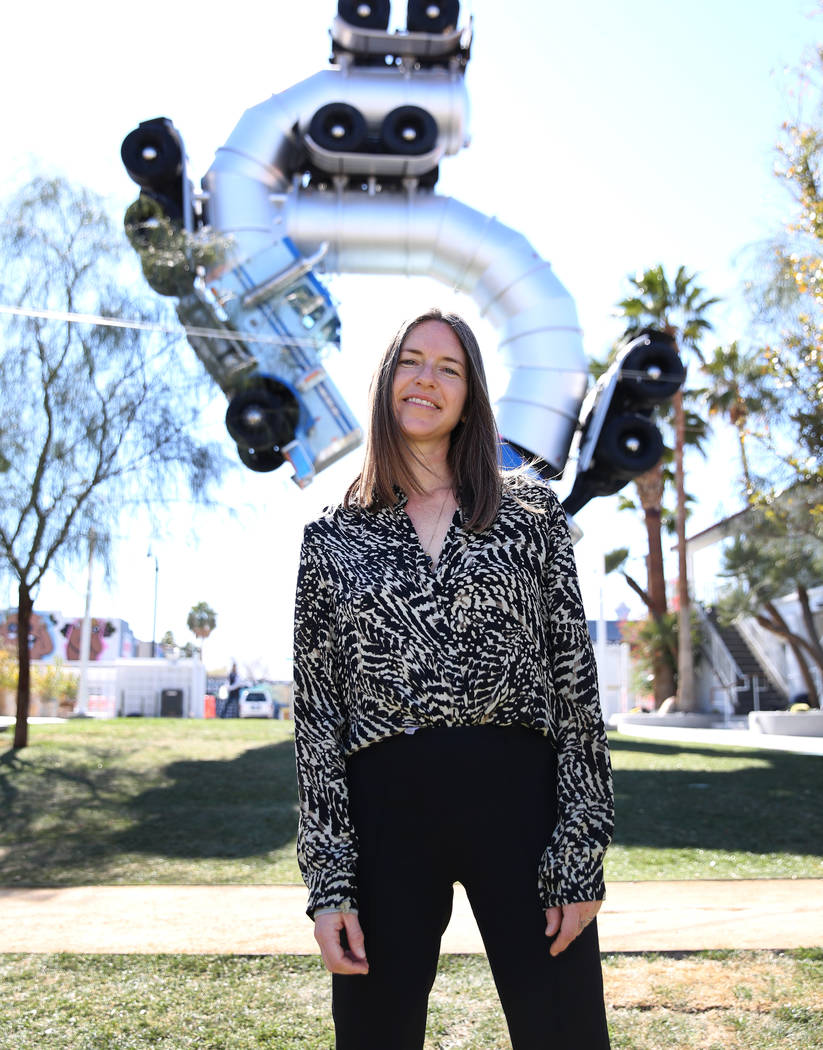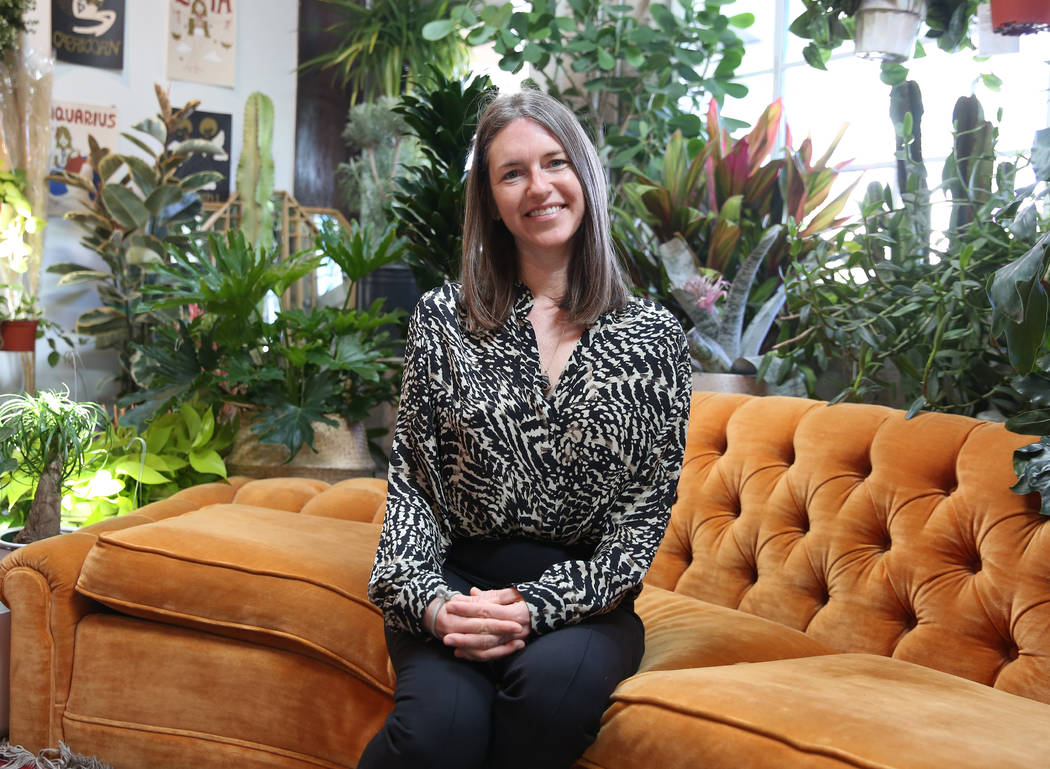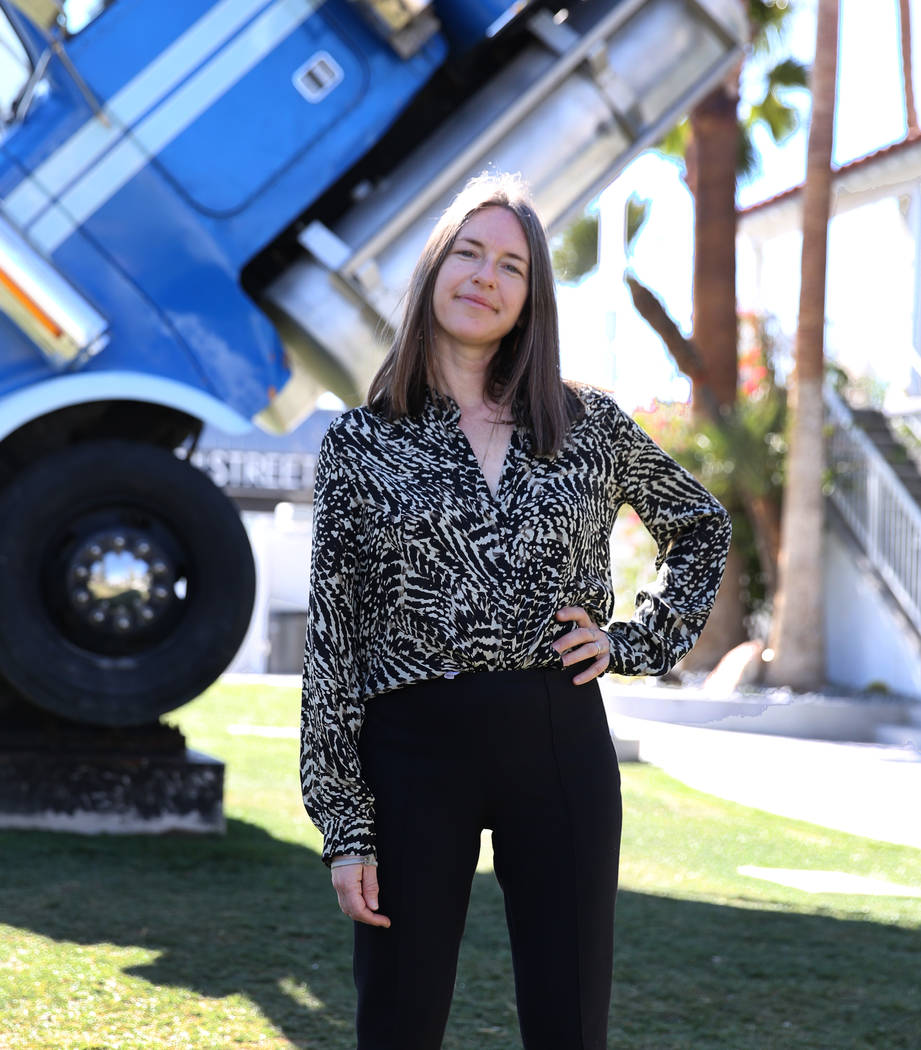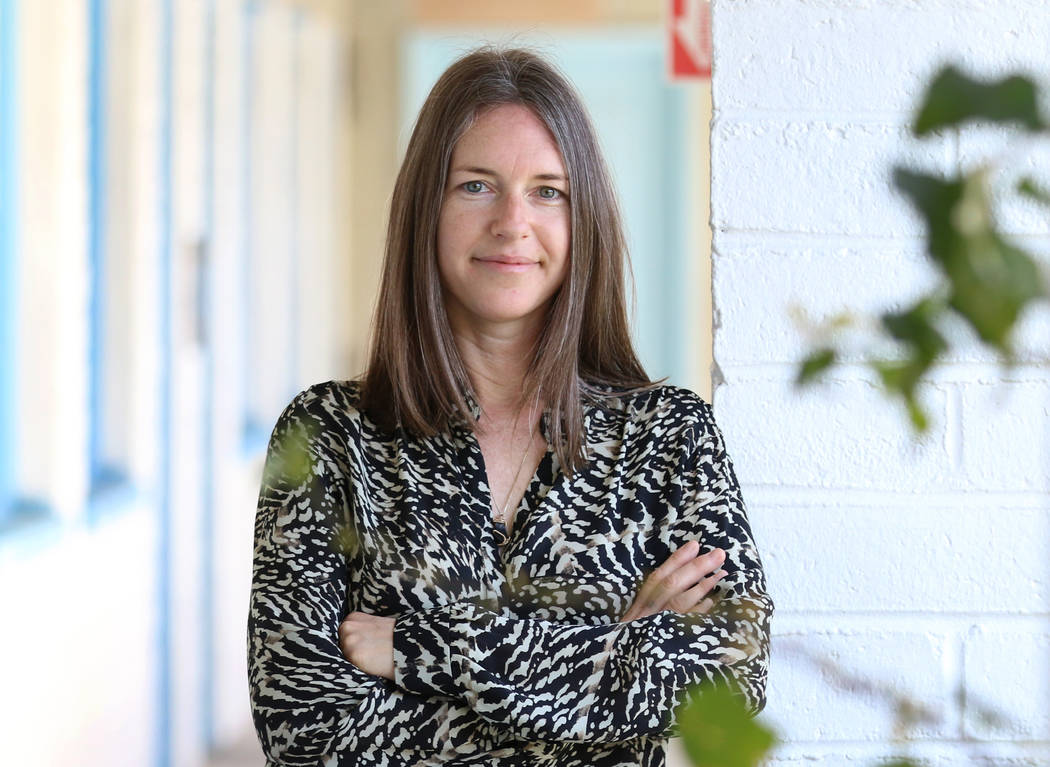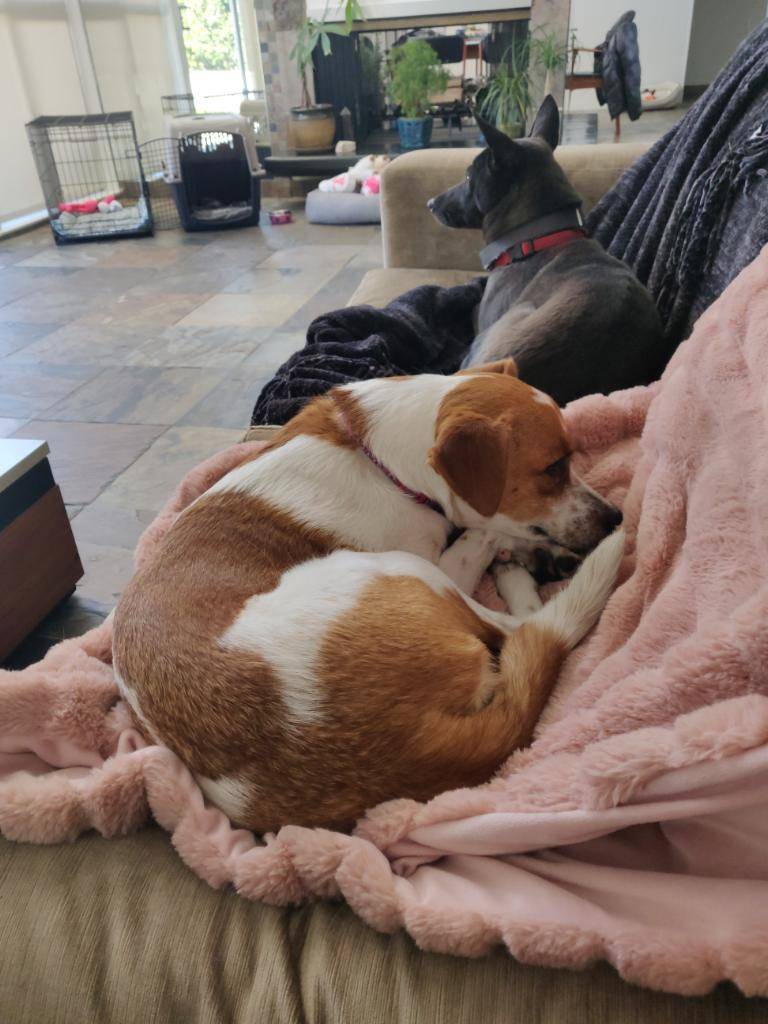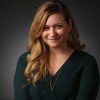Las Vegas art museum’s director reflects on 1st year of work
Sunday will mark one year that Heather Harmon has been working to give the people of Las Vegas their first standalone dedicated art museum.
Early last year, the director of the Nevada Museum of Art, Las Vegas moved back home for the first time since 2001.
In her first year, she’s been keeping busy by connecting with the local arts community, assessing the ways in which her hometown has evolved and scouting land parcels and architects ahead of the museum’s 2025 opening.
“We know that we need to have programs that appeal to a really diverse population and diverse demographic and reflect the people who live here,” Harmon says. “We know we are going to build a museum for the people of Las Vegas.”
Like other Las Vegas locals, Harmon grew up without a dedicated fine art museum. She credits an art history class at UNLV led by Dave Hickey with catalyzing her love for art.
“Dave Hickey would say that a great work of art transcends our cultural boundaries. Five people from totally different backgrounds can look at one work of art and have that ‘aha’ moment and be moved,” she says.
After graduating from UNLV with a degree in art history, Harmon earned her master’s degree from a competitive Art Theory and Criticism program at Art Center College of Design in California.
From there, she traveled halfway around the world, with stops in New York, the island of Ibiza and Vienna.
Currently, she’s keeping busy with opening a visitors center for the museum in the Arts District, deciding on a location for the museum and caring for two rescue pups.
Review-Journal: How did not having an art museum as a kid influence your upbringing?
Heather Harmon: Not having an art museum ultimately made me feel like I was excluded, that I couldn’t have a relationship with art because I didn’t have one. Even though I sought out cultural experiences, literary experiences, ballet experiences, I think growing up without a museum made me feel insecure about my relationship to art and that somehow, like academically, I couldn’t understand it because everyone else had this thing and belonged to this club that I didn’t belong to and didn’t have access to.
How has Las Vegas changed since you last lived here?
I would say the most significant change I’ve seen is this really brilliant turning inward. When I was growing up, when you went to family dinner, you often went to the Strip and a lot of your activities centered around the Strip. And I love the Strip. I go to the Strip all the time, but now you have these off-Strip experiences too. So, if someone comes to visit me, I do some of my favorite things that have always been there. I go to the Neon Museum. I go to Double Negative, the Michael Heizer work that’s out of the Moapa Valley. The biggest change that I’ve seen is that the infrastructure and the offerings for the people who live here, you feel like it’s really shifted to be an incredible place to live and work.
In addition to scouting a location, what else has kept you busy as you get the museum off the ground?
One of our big things that we really wanted to do was establish a visitor center. We are going to open that in September. It’s going to be downtown on Main Street. And we’re going to have exhibitions and programming and a small cafe and a space for the architecture models so that you as a viewer and a resident are seeing things as we see them. So you’ll see architecture drawings, models, programming, education, exhibitions, all the people that work at the museum, and so you’ll be able to interact with this process.
Who or what in the art world is drawing your attention at the moment?
Underground Museum (in Los Angeles). They have this exhibition on view right now by an artist named Rodney McMillian. He’s an African American artist and he hits a lot of issues head-on. You know, he’s inquisitive, but he hits issues that may be tough to process with a level of reverence and kindness and love, like his whole practice is very loving and very tactile and very accessible.
How can Las Vegans better engage with local art?
There are a lot of exhibitions that take place with master of fine arts (MFA) grad students at UNLV. The Barrick Museum has amazing programming. MFA students under the leadership of Marcus Civin is epic. Go see visiting artists (at) the School of Architecture on Monday nights, they have an amazing lecture series. Follow the calendar of the city of Las Vegas, they do a lot of great arts programming. And the Clark County Library District has incredible programming at all of our libraries.
What do you think art in Las Vegas will look like in 2020?
I feel like it’s going to be more open and more supportive. So I feel like with support and with growing visibility, as there’s more of an infrastructure to support their work, I think artists will be able to take more risks. I think in 2020 the biggest forecast that I predict is that we’re going to have more art.
Contact Janna Karel at jkarel@reviewjournal.com or 702-477-3835. Follow @jannainprogress on Twitter.



